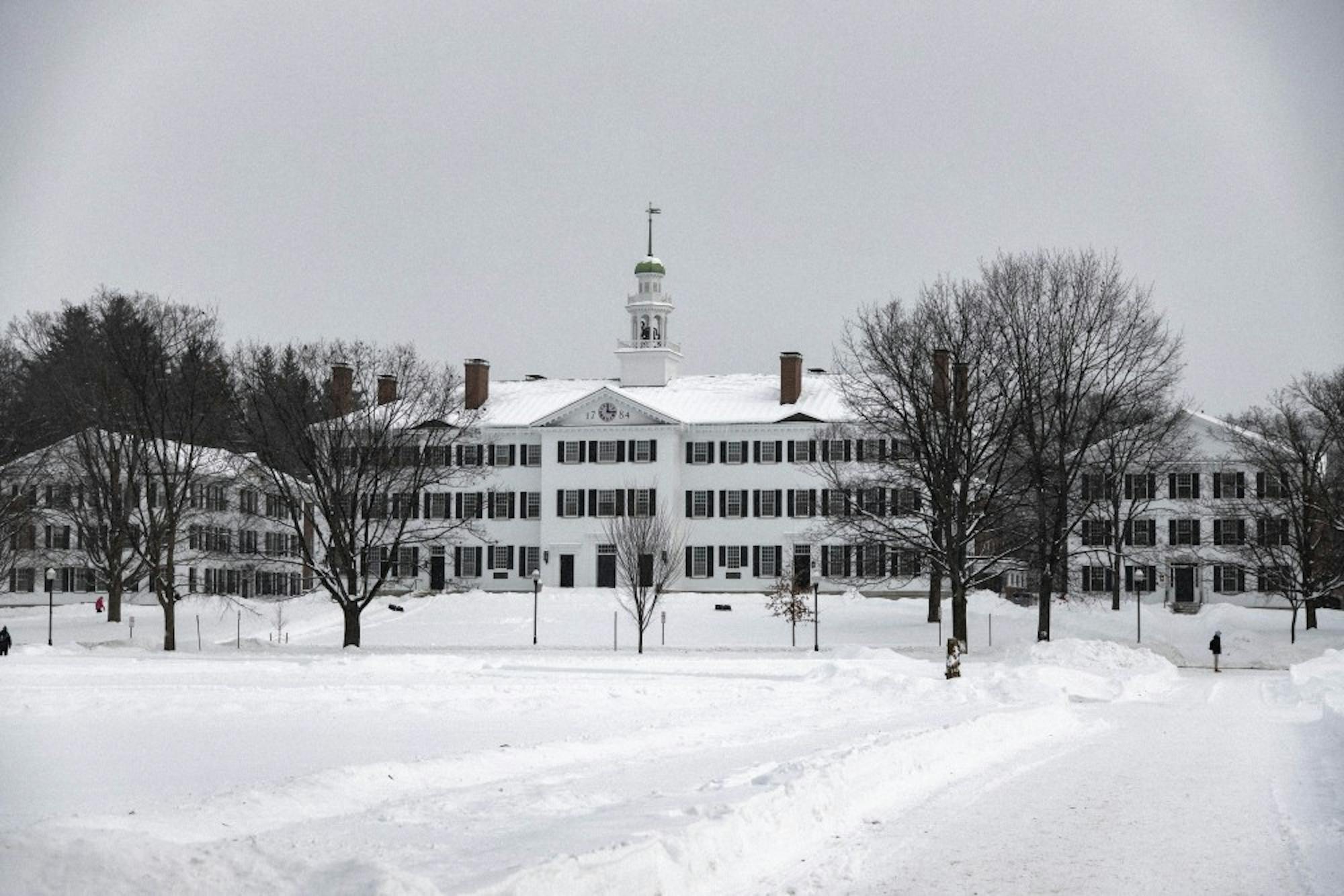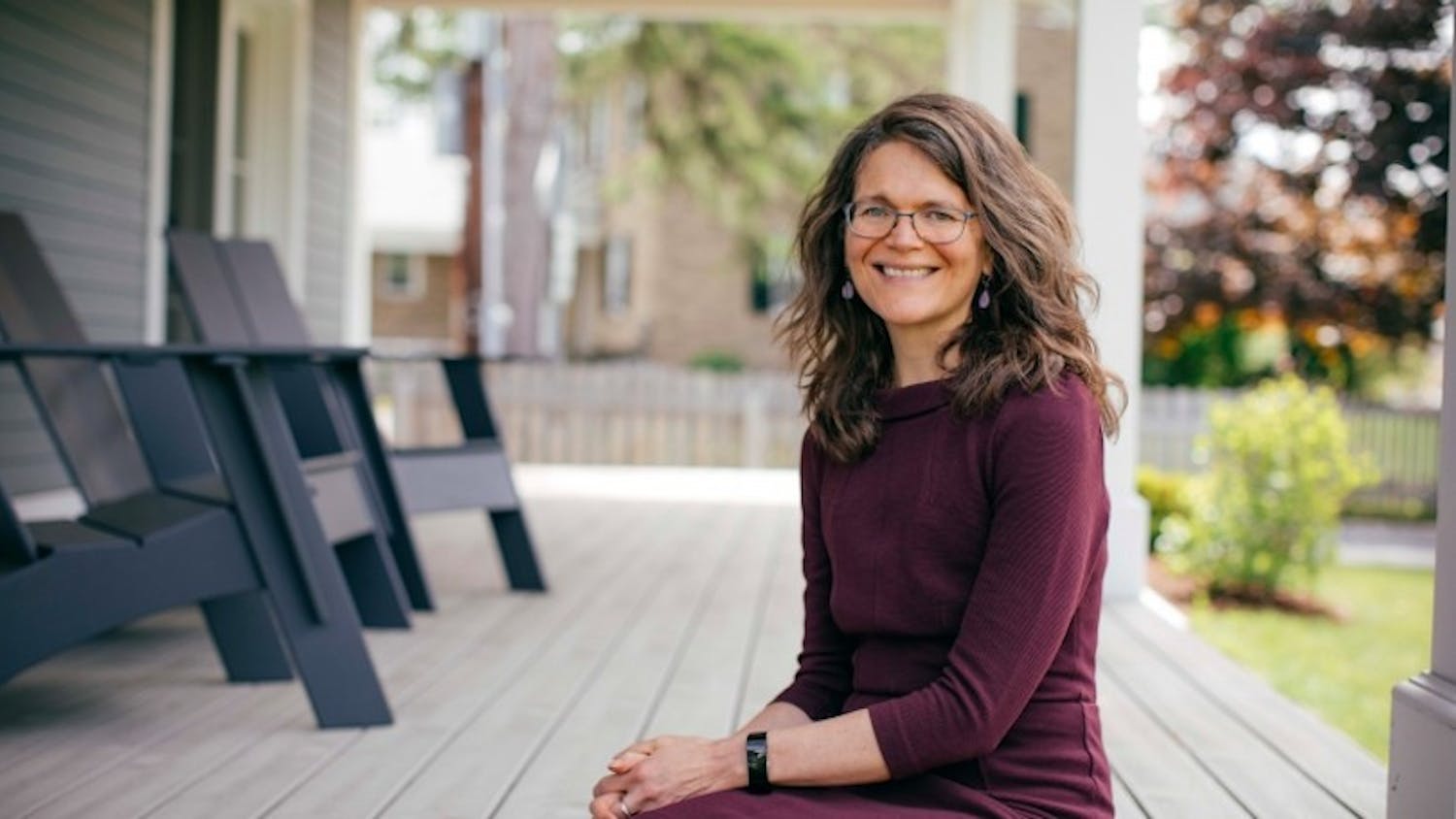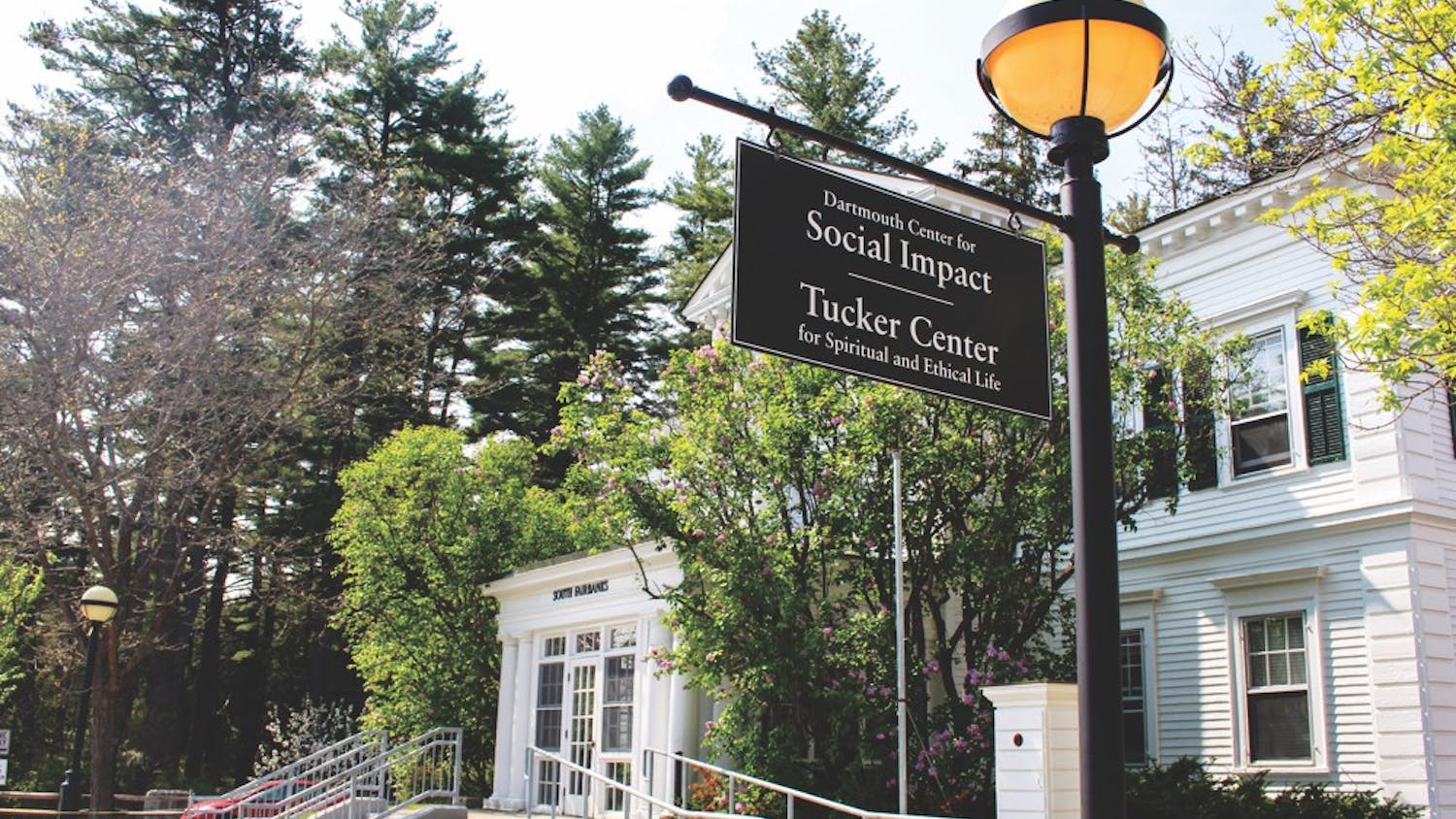While Dartmouth’s faculty has been operating largely in a remote format since March, faculty interest in conducting research has remained high. Despite the constraints of remote operations, applications for research grant proposals increased by more than 40% during the pandemic.
Due to COVID-19, professors have had to adjust their research plans, with some shifting their focuses to the pandemic itself. Vice provost for research Dean Madden said that the interest from professors in addressing the pandemic, in addition to a “push” by federal funding agencies to fund COVID-19 research, helped to facilitate the increase in grant applications.
In order to quickly fund faculty research on the pandemic, the College had to take a novel approach. In April, aided by an anonymous donation, the College launched its“Spark” grant program — smaller-sized awards with a two-week average turn-around time, intended to provide almost immediate funding.
According to Madden, the nine faculty projects given Spark grants study topics relevant to the pandemic, ranging from cell phone deployment in the context of rural telemedicine access to using artificial intelligence to capture pertinent social media-related COVID-19 data. He added that while professor interest caused the funds to “quickly dry up,” the program allowed those who were awarded grants to use their projects as “proof of concepts” in order to get additional grants and expand the scope of their work.
“Our initial sense is that the Spark program was really helpful, and we are now looking at the Spark grants as a mechanism that can be replicated in the future,” Madden said.
One of the awardees, Geisel School of Medicine epidemiology professor Judy Rees, utilized her Spark funds to conduct statewide symptom surveys at the onset of the pandemic. Rees worked with researchers at the University of New Hampshire to pay for the UNH surveys conducted through the Granite State panel, an email-based survey system, to track participants’ COVID-19-related symptoms.
“This was an exceptional time, and we were lucky to be given funding,” Rees said. “The Spark funds were quite useful in getting the ball rolling on COVID-19 projects.”
Though Spark funding was limited to just nine grants, other professors used existing research funds to enable COVID-19-related research. For example, anthropology professor Zaneta Thayer said that she was able to shift her research focus toward prenatal and early-life stress caused by the pandemic due to the anthropology department’s Claire Garber Goodman fund.
“I was immediately concerned with how the pandemic was impacting the experience of pregnant people and potentially their children as well,” Thayer said.
These funds allowed Thayer to conduct a nationwide questionnaire surveying over 2,000 people on pregnant individuals’ experience during the pandemic. Since her research group’s initial survey and numerous research publications, she added that her group is now looking to study pandemic-related stress in these individuals.
“We have a grant [proposal] in review at the moment to look at hair cortisol levels as a way to measure stress in relation to these individuals across the pandemic,” Thayer said.
Similarly, microbiology professors Paul Guyre and Steven Fiering received emergency funding from the National Cancer Institute to study how so-called “cytokine storms” — large excesses of proteins that can cause the immune system to attack healthy cells — impact the severity of COVID-19 cases.
“The funding has enabled us to have one full-time lab manager, one full-time lab assistant and the ability to purchase lots of COVID-19-specific reagents,” Guyre said.
While professors were to take advantage of existing funds to facilitate their research, some had to adjust their methods due to pandemic-related restrictions. For example, Thayer said that while she had originally received funding for a field work proposal in the southern United States, she opted to repurpose the grant as College travel policies limited sponsored travel for research.
Similarly, economics professor Bruce Sacerdote said that limits on sponsored travel impacted his research. He added that prior to the pandemic, he would spend a significant amount of time traveling to present academic papers or to access U.S. Treasury data in Washington, D.C.
“I do have a number of projects which are on hold because I can’t get to the IRS building to touch that data,” Sacerdote said.
However, Sacerdote noted that he saw this pause in his travel-intensive work as a positive. He explained that because he did not need to spend time in transit, he has been able to get more research done to develop grant applications to study the economic impacts of COVID-19, such as its impact on the economy.
“By virtue of not having to fly all over the country to present papers, I’ve had a lot more time to get more done, and that’s leading to more grant applications,” he said.
Thayer said that COVID-19 motivated her to find a way to use her skill set to “make things better,” despite not being a front-line worker or doctor. Fiering added that he saw an opportunity to extend his research in immunology to study the virus.
“[We saw] how much money was going into science-related COVID-19 research and thought, ‘What we’re currently [studying] could relate to this. Let’s write a grant,’” Fiering said.




